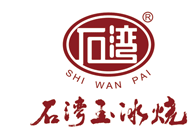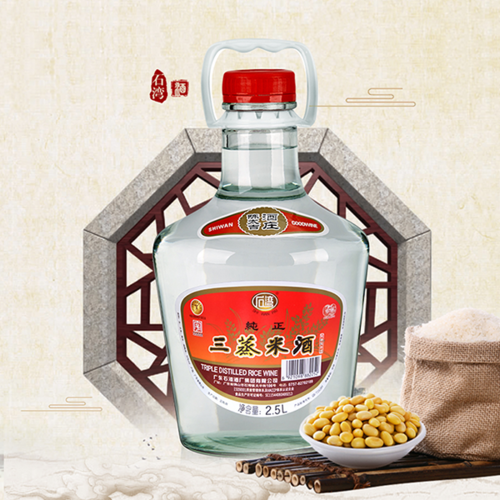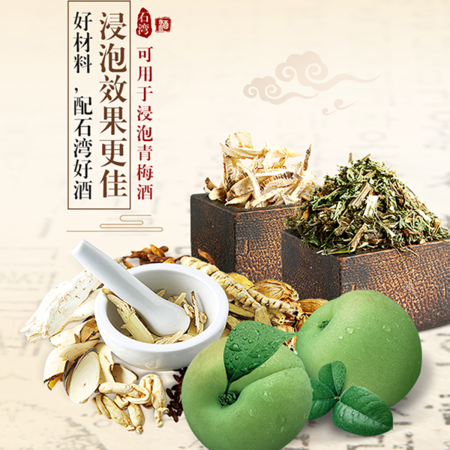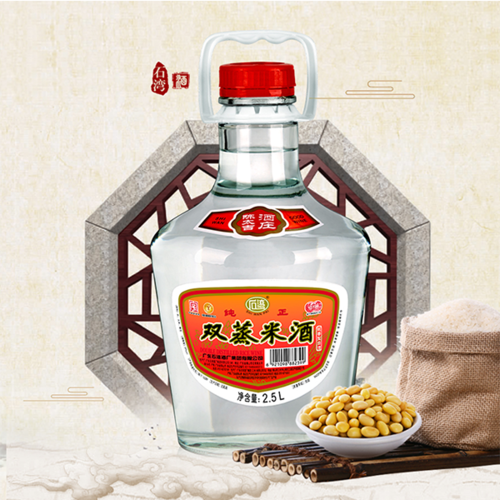Health Benefits of Drinking Guangdong Rice Wine in Moderation
Guangdong rice wine, also known as yellow rice wine or huangjiu, is a traditional Chinese alcoholic beverage made from glutinous rice. While excessive alcohol consumption can be harmful, studies suggest that drinking Guangdong rice wine in moderation may provide some health benefits.
The fermentation process used to make Guangdong rice wine produces beneficial enzymes and probiotics that can aid digestion. The lactic acid bacteria in rice wine help promote the growth of healthy gut bacteria, which improves overall digestive health. The enzymes in rice wine also help break down proteins in food, making them easier to digest. Drinking a small amount of rice wine with meals may stimulate appetite and support smooth bowel movements.
Moderate rice wine consumption may help improve blood circulation. The antioxidants in rice wine, such as polyphenols, can help reduce cholesterol levels and prevent the buildup of plaque in the arteries. This improves blood flow and reduces the risk of heart disease. Some studies have found that light to moderate alcohol intake is associated with a 25-40% lower risk of cardiovascular disease compared to not drinking.
Guangdong rice wine is a good source of antioxidants like polyphenols that protect cells from damage caused by free radicals. Antioxidants neutralize harmful compounds that contribute to chronic diseases like cancer and heart disease. Some of the specific antioxidants in rice wine, like gamma-oryzanol, have been shown to have anti-cancer properties in early research.
The antioxidants in rice wine can also benefit the skin by fighting signs of aging. Rice wine contains kojic acid, which has skin-lightening effects and is often used in skincare products. The polyphenols protect the skin from UV damage and may boost collagen production to improve elasticity and reduce wrinkles.
Having an occasional drink of rice wine can provide stress-relieving and mood-boosting effects. Low doses of alcohol are known to reduce tension, boost euphoria, and promote relaxation. Drinking rice wine socially and in moderation with a meal can encourage conviviality and pleasant feelings, while chronic heavy drinking has the opposite effects.
It's important to note that these potential health benefits apply only to light or moderate rice wine consumption. For healthy adults, enjoy Guangdong rice wine in moderation. Excessive drinking will negate any positive effects and dramatically increase the risk of both short and long-term health problems. Those with certain medical conditions, on medication, or with a history of alcoholism should avoid drinking alcohol entirely. Pregnant women should also abstain completely.
Improves Digestion
The fermentation process used to make Guangdong rice wine produces beneficial enzymes and probiotics that can aid digestion. The lactic acid bacteria in rice wine help promote the growth of healthy gut bacteria, which improves overall digestive health. The enzymes in rice wine also help break down proteins in food, making them easier to digest. Drinking a small amount of rice wine with meals may stimulate appetite and support smooth bowel movements.
Boosts Circulation
Moderate rice wine consumption may help improve blood circulation. The antioxidants in rice wine, such as polyphenols, can help reduce cholesterol levels and prevent the buildup of plaque in the arteries. This improves blood flow and reduces the risk of heart disease. Some studies have found that light to moderate alcohol intake is associated with a 25-40% lower risk of cardiovascular disease compared to not drinking.
Provides Antioxidants
Guangdong rice wine is a good source of antioxidants like polyphenols that protect cells from damage caused by free radicals. Antioxidants neutralize harmful compounds that contribute to chronic diseases like cancer and heart disease. Some of the specific antioxidants in rice wine, like gamma-oryzanol, have been shown to have anti-cancer properties in early research.
Supports Skin Health
The antioxidants in rice wine can also benefit the skin by fighting signs of aging. Rice wine contains kojic acid, which has skin-lightening effects and is often used in skincare products. The polyphenols protect the skin from UV damage and may boost collagen production to improve elasticity and reduce wrinkles.
Enhances Relaxation
Having an occasional drink of rice wine can provide stress-relieving and mood-boosting effects. Low doses of alcohol are known to reduce tension, boost euphoria, and promote relaxation. Drinking rice wine socially and in moderation with a meal can encourage conviviality and pleasant feelings, while chronic heavy drinking has the opposite effects.
It's important to note that these potential health benefits apply only to light or moderate rice wine consumption. For healthy adults, enjoy Guangdong rice wine in moderation. Excessive drinking will negate any positive effects and dramatically increase the risk of both short and long-term health problems. Those with certain medical conditions, on medication, or with a history of alcoholism should avoid drinking alcohol entirely. Pregnant women should also abstain completely.







